Nutrient-Dense Snacks for Busy Athletes: Fueling Performance on the Go

Introduction
For athletes juggling packed schedules, finding time to eat well can feel like an Olympic event in itself. Between training sessions, work, and personal commitments, nutrition often takes a backseat, leading to energy slumps or reliance on less-than-ideal convenience foods. This is where nutrient-dense snacks for busy athletes come in—portable, power-packed options that deliver the energy, protein, and micronutrients needed to fuel performance and recovery without slowing you down.
These snacks aren’t just about curbing hunger; they’re strategic tools to optimize stamina, muscle repair, and overall health, all while fitting seamlessly into a hectic lifestyle. In this article, we’ll explore what makes a snack truly nutrient-dense, why athletes need them, and how to incorporate them effectively. Whether you’re sprinting to practice or racing through a workday, these snacks will keep you at the top of your game.
This first part introduces the concept, benefits, and importance of nutrient-dense snacks. Let’s dive into what defines these snacks and why they’re a game-changer for athletes on the move.
What Is Nutrient-Dense Snacks for Athletes?
Defining Nutrient Density
Nutrient density refers to the concentration of essential nutrients—vitamins, minerals, protein, healthy fats, and complex carbohydrates—in a food relative to its calorie content. For busy athletes, nutrient-dense snacks for busy athletes are compact, convenient foods that pack a nutritional punch without excessive calories or empty fillers like added sugars or unhealthy fats. Think of them as fuel-efficient meals in snack form: they provide maximum energy and recovery benefits in a small, portable package.

Key Characteristics of Athlete-Friendly Snacks
These snacks typically include a balance of macronutrients: protein for muscle repair, carbohydrates for quick energy, and healthy fats for sustained fuel. They’re also rich in micronutrients like magnesium, iron, and B vitamins, which support energy metabolism and endurance. Examples include nuts, Greek yogurt with fruit, or whole-grain energy bars. Unlike processed snacks like chips or candy, nutrient-dense options prioritize whole, minimally processed ingredients that align with an athlete’s performance goals. Portability is key, as these snacks need to fit into gym bags, desk drawers, or even pockets for on-the-go nutrition.
Why Nutrient Density Matters for Athletes
Athletes have higher nutritional demands due to intense physical activity, which depletes energy stores and stresses muscles. Nutrient-dense snacks ensure that every bite contributes to recovery, performance, and overall health, without the digestive burden of heavy meals. They’re designed to be practical, requiring minimal prep and no refrigeration when necessary, making them ideal for busy schedules.
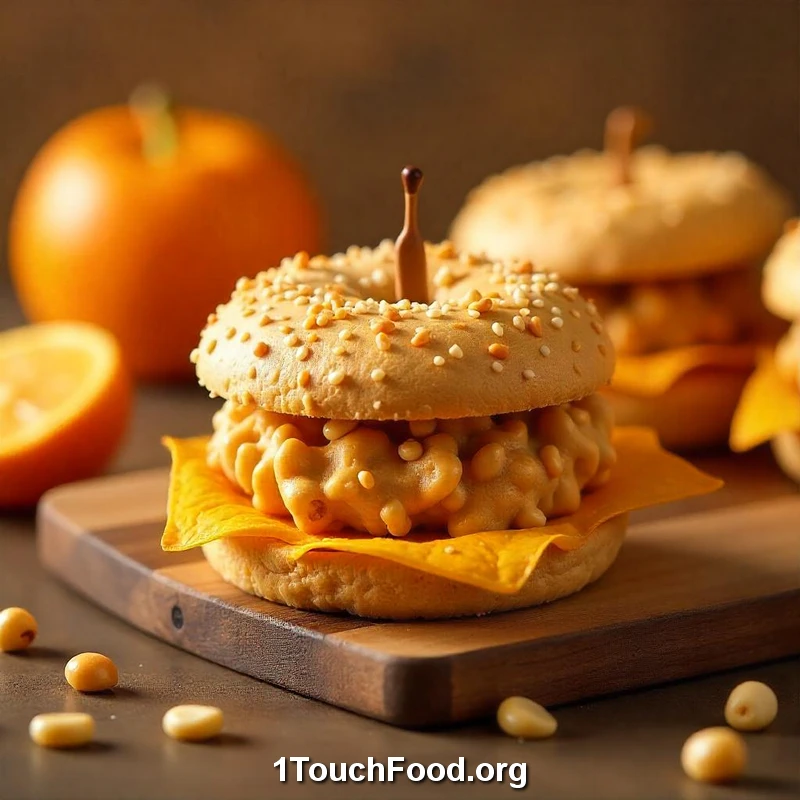
Why Nutrient-Dense Snacks Are Essential for Busy Athletes
Sustained Energy for Training and Recovery
Athletes need consistent energy to power through workouts and recover effectively. Nutrient-dense snacks for busy athletes provide a steady release of energy, thanks to complex carbs and healthy fats. For example, a handful of almonds paired with dried fruit offers quick-digesting carbs for immediate fuel and fats for longer-lasting energy. This combination prevents the energy crashes common with sugary snacks, keeping athletes focused and strong during long training days.
Muscle Maintenance and Repair
Protein is a cornerstone of recovery, and nutrient-dense snacks often include high-quality protein sources like jerky, hard-boiled eggs, or plant-based options like hummus. These snacks help repair muscle damage from intense workouts, reducing soreness and improving strength over time. For instance, a small container of Greek yogurt with chia seeds delivers protein and omega-3s, supporting muscle health and reducing inflammation.

Time-Saving and Convenient
For athletes with packed schedules, time is a precious commodity. Nutrient-dense snacks are designed for on-the-go nutrition, requiring little to no prep. Pre-packaged options like trail mix or homemade energy balls can be tossed into a bag, while others, like fresh fruit paired with nut butter, are quick to assemble. This convenience ensures athletes can stay fueled without sacrificing time for meal planning or cooking.
Enhanced Performance and Focus
Proper nutrition directly impacts mental clarity and physical performance. Snacks rich in nutrients like B vitamins, iron, and antioxidants (found in foods like berries or dark chocolate) support cognitive function and oxygen delivery to muscles. This means better focus during competitions and more effective training sessions, giving athletes a competitive edge.
Versatility for Diverse Needs
Whether you’re a marathon runner, weightlifter, or weekend warrior, nutrient-dense snacks can be tailored to specific goals. Endurance athletes might prioritize carb-heavy snacks like oatmeal bars, while strength athletes may lean toward protein-packed options like tuna packets. This flexibility makes them indispensable for any athlete’s routine.

Mastering On-the-Go Nutrition for Athletes
Why On-the-Go Nutrition Matters
For athletes, on-the-go nutrition is a lifeline in a world of tight schedules and unpredictable demands. Whether you’re rushing from a morning workout to a meeting or traveling for a competition, having access to nutrient-dense snacks ensures you’re never caught without fuel. These snacks are designed to be portable, shelf-stable, and easy to eat, making them perfect for gym bags, car consoles, or even airport carry-ons. By prioritizing nutrient-dense snacks for busy athletes, you can maintain energy levels, support muscle recovery, and avoid the pitfalls of fast food or vending machine options.
Characteristics of Effective On-the-Go Snacks
The best on-the-go snacks are compact, durable, and require minimal prep. They should withstand temperature changes (no melting or spoiling) and be easy to eat without utensils. Examples include protein bars, dried fruit, or single-serve nut packets. These snacks should also balance macronutrients—think a mix of carbs for quick energy, protein for muscle support, and fats for satiety. For instance, a homemade trail mix with nuts, seeds, and dried berries offers a nutrient-packed option that’s ready in seconds and fits any schedule.
Practical Tips for On-the-Go Success
To make on-the-go nutrition seamless, plan ahead. Batch-prepare snacks like energy balls or boiled eggs at the start of the week, storing them in portable containers. Invest in reusable snack pouches or small coolers for perishable items like yogurt or cheese sticks. For ultra-busy days, stock up on high-quality, store-bought options like low-sugar jerky or whole-grain crackers. Always check labels to ensure snacks are free of excessive sugars or artificial additives, which can sap energy. By keeping a stash of nutrient-dense snacks for busy athletes in your bag or car, you’re always ready to fuel up, no matter where your day takes you.
Benefits of On-the-Go Nutrition
The biggest advantage of on-the-go nutrition is consistency. Athletes who have nutrient-dense snacks readily available are less likely to skip meals or rely on unhealthy alternatives. This consistency supports steady energy levels, reduces muscle breakdown, and enhances recovery. Additionally, portable snacks help maintain mental focus during long days, as nutrients like omega-3s (from nuts or seeds) and B vitamins (from whole grains) support cognitive function. For athletes, this translates to better performance in training and competitions, even on the busiest days.
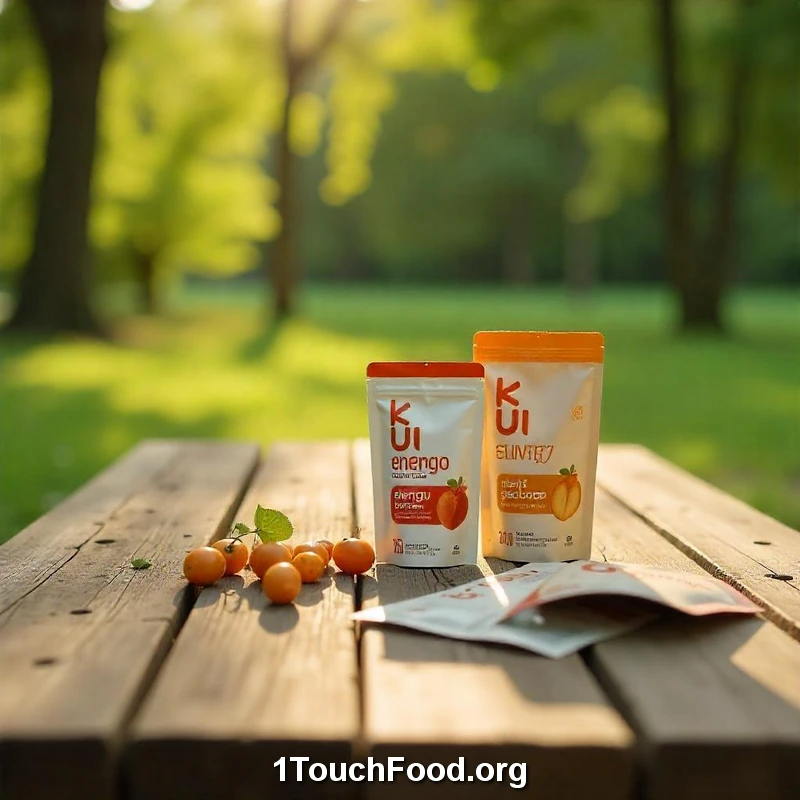
Compact Energy Sources: Small Snacks, Big Impact
What Are Compact Energy Sources?
Compact energy sources are snacks that pack a high nutritional value into a small, easy-to-carry package. These are ideal for athletes who need fuel but have limited space or time. Think of snacks like energy gels, nut butter packets, or small granola bars—each bite delivers a concentrated dose of energy, protein, or micronutrients. These snacks are tailored for nutrient-dense snacks for busy athletes, offering convenience without sacrificing quality.
Top Compact Energy Sources for Athletes
Here are some standout compact energy sources that athletes can rely on:
-
Nut Butter Packets: Single-serve almond or peanut butter packets provide healthy fats and protein. Pair with an apple or banana for a balanced snack.
-
Energy Gels or Chews: Designed for endurance athletes, these provide quick-digesting carbs and electrolytes in a tiny package, perfect for mid-run fuel.
-
Dried Fruit and Nut Mix: A handful of raisins, apricots, and almonds offers carbs, fiber, and healthy fats in a pocket-sized portion.
-
Protein Bars: Choose bars with whole ingredients, minimal sugar, and at least 10 grams of protein for sustained energy.
-
Roasted Chickpeas: These crunchy, shelf-stable snacks deliver protein and fiber, making them a savory alternative to chips.
Each of these options is lightweight, portable, and packed with nutrients, making them ideal for athletes on the move.
How to Choose the Best Compact Snacks
When selecting compact energy sources, prioritize whole, minimally processed ingredients. Look for snacks with a balance of macronutrients to support both immediate energy needs and long-term recovery. For example, a snack with 15–20 grams of carbs and 5–10 grams of protein is ideal for post-workout recovery. Check for added sugars or artificial preservatives, which can cause energy crashes. Also, consider dietary needs—vegan athletes might opt for plant-based protein bars, while those with nut allergies can choose seed-based snacks like sunflower seed butter packets.
Integrating Compact Snacks into Your Routine
To maximize the benefits of compact energy sources, time your snacks strategically. Eat a carb-heavy snack (like an energy gel) 15–30 minutes before a workout for quick fuel, or a protein-rich option (like a nut butter packet) within 30 minutes post-workout for recovery. Keep a variety of snacks on hand to avoid flavor fatigue and rotate options to ensure a range of nutrients. For example, alternate between sweet (dried fruit) and savory (roasted chickpeas) snacks to keep your palate engaged. By incorporating these snacks into your daily routine, you’ll stay fueled and ready for any challenge.

Comparing Nutrient-Dense Snacks for Athletes
Analyzing Top Snack Options
Choosing the right nutrient-dense snacks for busy athletes can be overwhelming with so many options available. To simplify the decision, we’ve compared five popular snacks based on nutritional value, portability, and suitability for athletic needs. This analysis helps athletes pick snacks that align with their goals, whether it’s endurance, strength, or recovery.
|
Snack |
Calories (per serving) |
Protein (g) |
Carbs (g) |
Fats (g) |
Key Nutrients |
Portability |
Best For |
|---|---|---|---|---|---|---|---|
|
Almond Butter Packet |
190 | 7 | 6 | 17 |
Healthy fats, Vitamin E, Magnesium |
High |
Sustained energy |
|
Greek Yogurt (5 oz) |
100 | 10 | 6 | 3 |
Protein, Calcium, Probiotics |
Moderate |
Muscle recovery |
|
Energy Gel |
100 | 0 | 25 | 0 |
Quick carbs, Electrolytes |
High |
Pre-workout energy |
|
Roasted Chickpeas |
130 | 7 | 18 | 4 |
Fiber, Iron, Plant-based protein |
High |
Savory, filling snack |
|
Homemade Energy Bar |
200 | 8 | 25 | 9 |
Complex carbs, Fiber, B Vitamins |
High |
Balanced post-workout |
Key Takeaways from the Comparison
Each snack excels in specific scenarios. Energy gels are ideal for quick compact energy sources during endurance activities, while Greek yogurt shines for post-workout recovery due to its high protein content. Almond butter packets and homemade energy bars offer balanced nutrition for sustained energy, making them versatile for on-the-go nutrition. Roasted chickpeas are a great plant-based option for athletes seeking variety. Choose based on your activity type, dietary preferences, and whether portability is a priority.
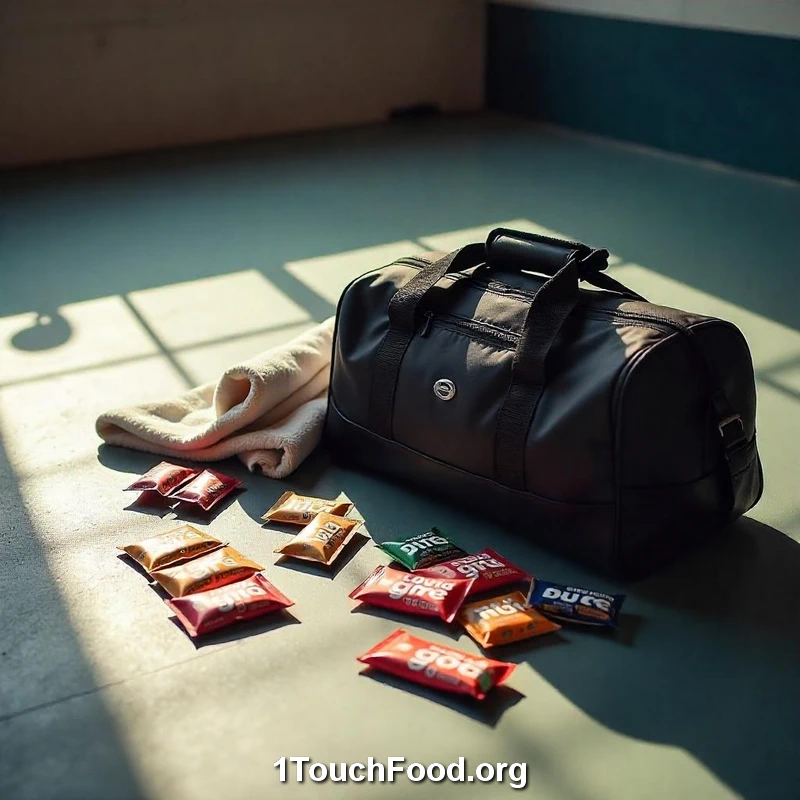
Practical Tips for Incorporating Nutrient-Dense Snacks
Creating a Snack Schedule
To maximize the benefits of nutrient-dense snacks for busy athletes, timing is everything. Plan snacks around your training and daily routine:
-
Pre-Workout (30–60 minutes before): Opt for carb-heavy compact energy sources like an energy gel or a banana with a small amount of nut butter to fuel your session.
-
Post-Workout (within 30 minutes): Choose protein-rich snacks like Greek yogurt or a homemade energy bar to support muscle repair.
-
Midday Boost: For long days, use snacks like roasted chickpeas or trail mix to maintain energy and focus without a heavy meal.
Keep a snack stash in your gym bag, office, or car to ensure you’re never caught without on-the-go nutrition.
DIY Snack Ideas for Athletes
Making your own snacks saves money and lets you control ingredients. Try these easy recipes:
-
Energy Balls: Mix rolled oats, almond butter, honey, and chia seeds. Roll into bite-sized balls and store in an airtight container. These are portable and packed with protein and carbs.
-
Veggie Sticks with Hummus: Slice carrots and celery and pair with single-serve hummus cups for a nutrient-dense, hydrating snack.
-
Oat Bars: Combine oats, dried fruit, nuts, and a touch of maple syrup. Bake and cut into bars for a homemade compact energy source.
Batch-prep these snacks weekly to save time and ensure you always have healthy options on hand.
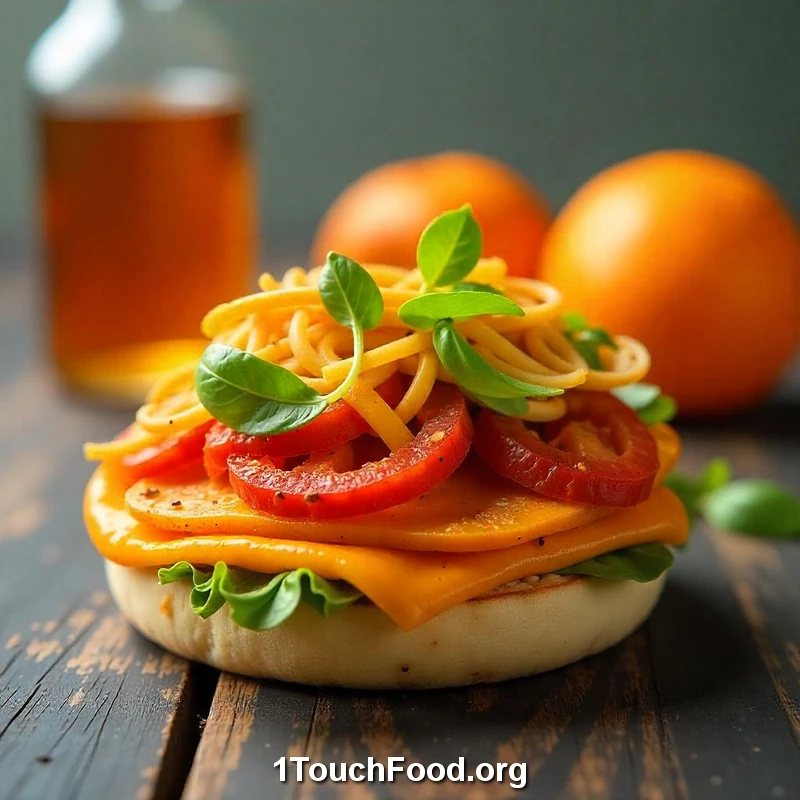
Smart Shopping for Store-Bought Snacks
When buying pre-packaged snacks, read labels carefully. Look for minimal ingredients, low added sugars (under 5g per serving), and at least 5–10g of protein or 15–20g of carbs per serving. Brands like RXBAR, KIND, or Chomps offer athlete-friendly options that align with nutrient-dense snacks for busy athletes. Stock up on non-perishables like jerky or nut packets for convenience, and keep perishable items like yogurt in a small cooler for travel.
Staying Consistent on the Go
Consistency is key for athletes. Set reminders on your phone to eat snacks every 3–4 hours to maintain energy levels. Pair snacks with water to stay hydrated, as dehydration can mimic hunger and sap performance. Rotate flavors and textures (sweet, savory, crunchy, creamy) to keep your snack routine exciting and sustainable.
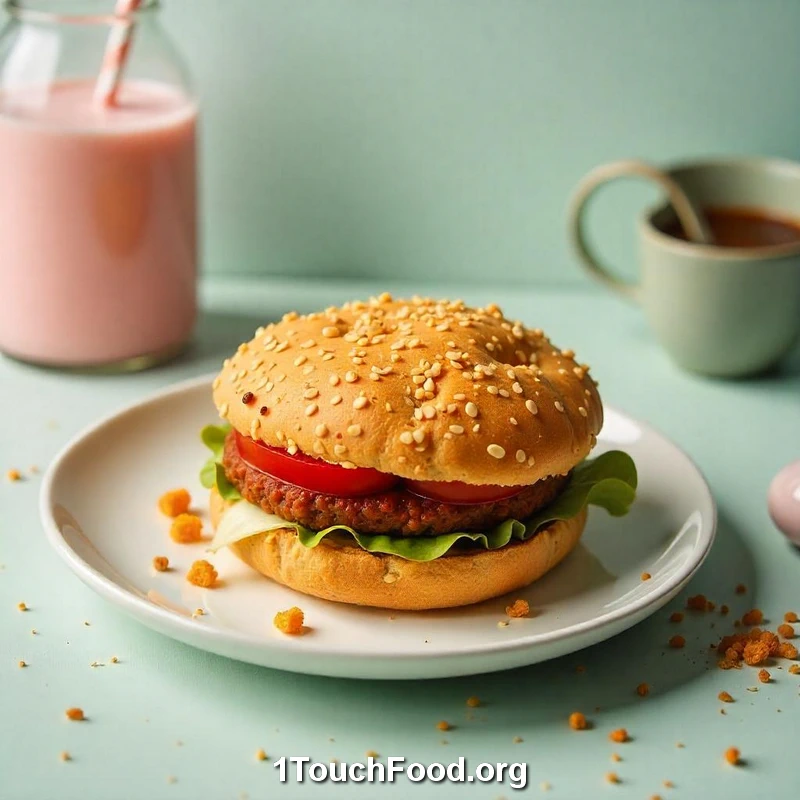
FAQs about Nutrient-Dense Snacks for Busy Athletes
What makes a snack nutrient-dense?
A nutrient-dense snack is high in essential nutrients like protein, healthy fats, complex carbs, and micronutrients (vitamins and minerals) relative to its calorie content. For athletes, these snacks support energy, recovery, and performance without empty calories from sugars or processed ingredients.
How often should athletes eat snacks?
Busy athletes should aim for 1–2 snacks daily, timed around workouts or long gaps between meals. Pre- and post-workout snacks are critical for fueling and recovery, while midday snacks prevent energy dips.
Are store-bought snacks as good as homemade?
Store-bought snacks can be just as effective if you choose high-quality options with minimal additives. Homemade snacks offer more control over ingredients and cost less, but both can fit into on-the-go nutrition with proper planning.
Can nutrient-dense snacks help with weight management?
Yes, nutrient-dense snacks for busy athletes promote satiety and prevent overeating by providing balanced nutrients. Snacks like nuts or yogurt stabilize blood sugar, reducing cravings for unhealthy foods.
What’s the best snack for endurance vs. strength athletes?
Endurance athletes benefit from carb-heavy compact energy sources like energy gels or dried fruit, while strength athletes need protein-rich snacks like Greek yogurt or jerky for muscle repair.
Conclusion
Nutrient-dense snacks for busy athletes are more than just quick bites—they’re essential tools for fueling performance, recovery, and focus in a demanding lifestyle. From portable compact energy sources like nut butter packets to versatile on-the-go nutrition options like homemade energy bars, these snacks empower athletes to stay energized and consistent. By planning ahead, choosing nutrient-packed options, and timing snacks strategically, you can optimize your nutrition and outperform the competition. This guide has covered the what, why, and how of nutrient-dense snacking, giving you the knowledge to take control of your fueling strategy. Now, it’s time to stock your gym bag and hit the ground running!
Enjoy! See our youtube. Quench your thirst and revitalize your body with our collection of refreshing and hydrating recipes. All athletes must pay close attention to their nutrition to achieve optimal performance. You can see CookBook for athletes and Building a Bigger Butt. Its very useful for athletes.


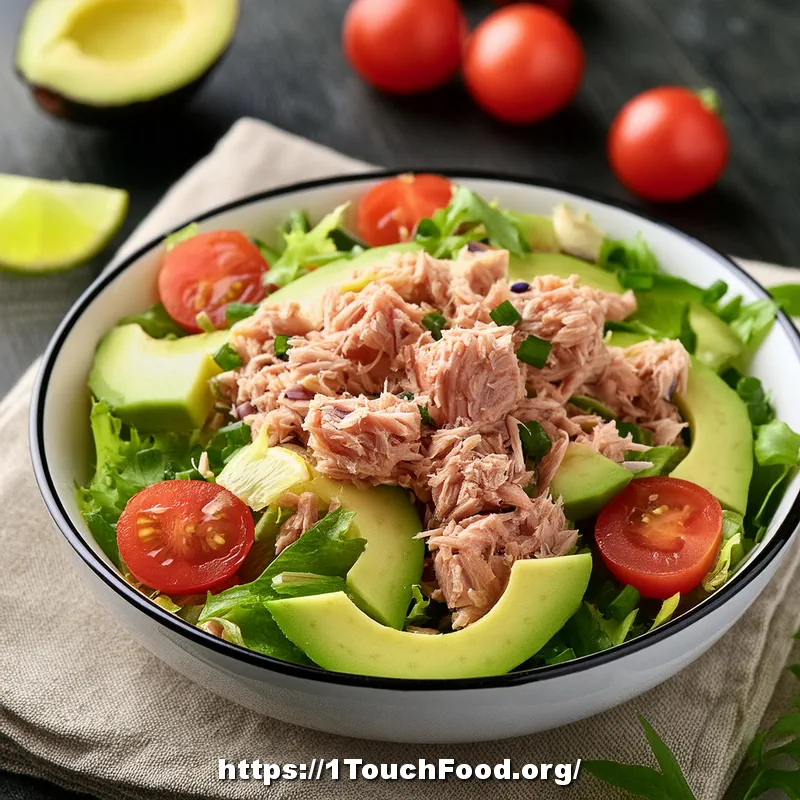
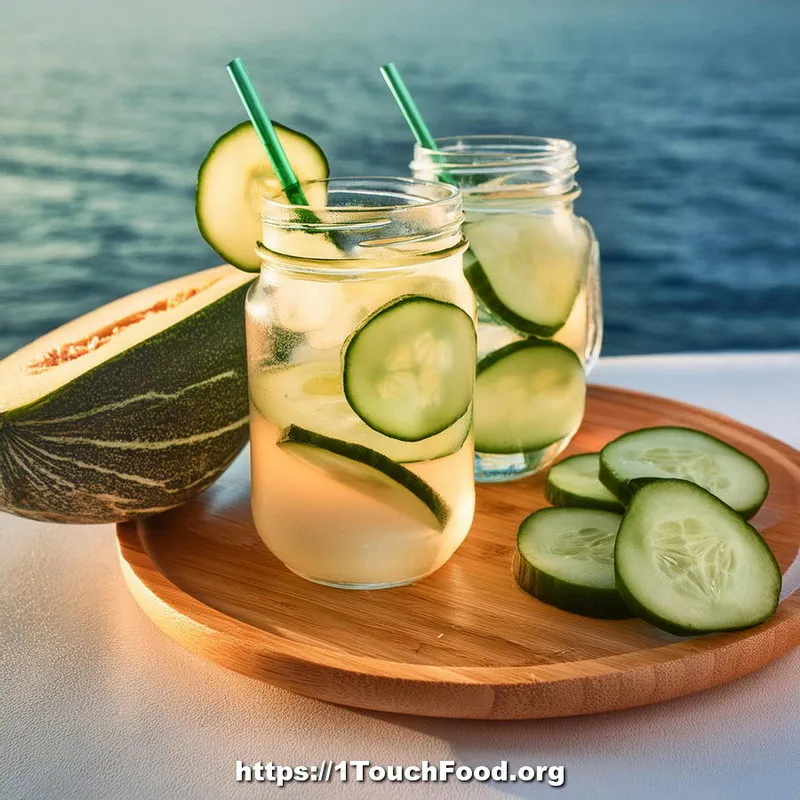

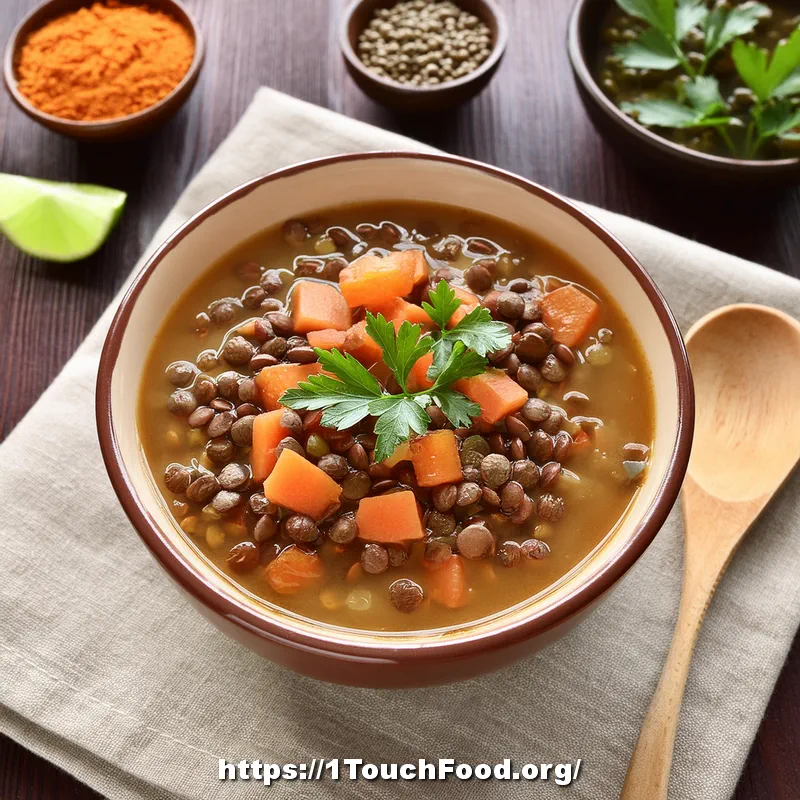







Leave a Reply